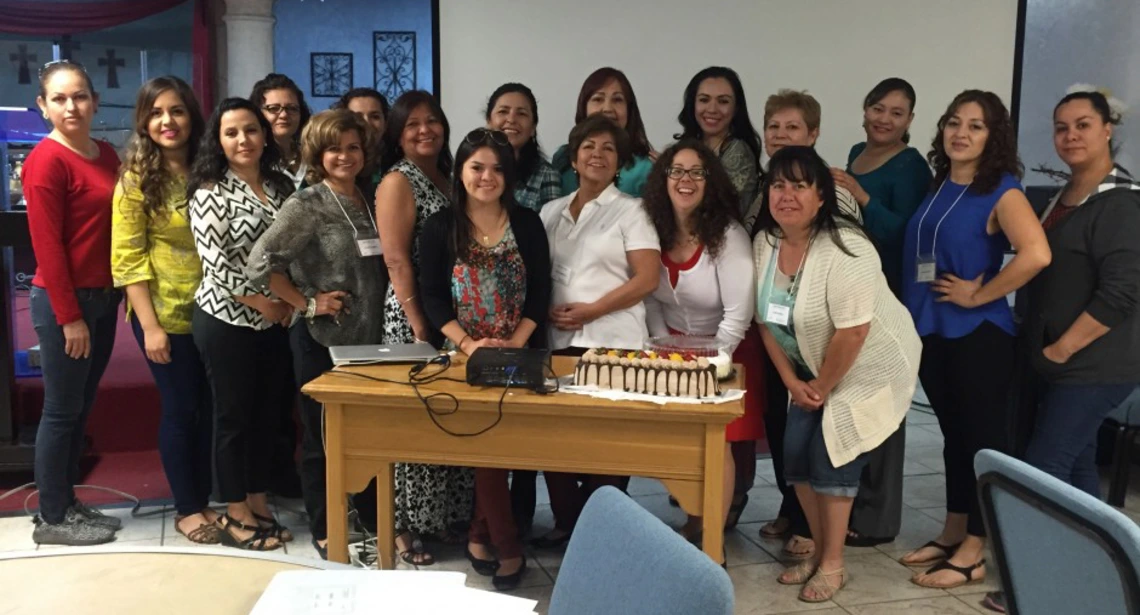Promoting Social Equity through Community Energy Partnerships

Promoting Social Equity through Community Energy Partnerships was the result of a partnership among Sonora Environmental Research Institute, Inc. (SERI), University of Arizona (UA) Soil, Water and Environmental Science (SWES) and UA Hydrology and Atmospheric Sciences (HAS). Ann Marie Wolf and Flor Morales (SERI), Mónica Ramírez-Andreotta (UA SWES) and Eric Betterton (UA HAS) continue collaboration that informs this latest effort.
This project focused on addressing the disproportionate impacts of climate change that the marginalized, low-income residents of Southern metropolitan Tucson are facing. The goals were to: build the community’s capacity to address climate change and create a sustainable environment, Increase the resilience of the community by reducing the heat vulnerability of the residents, and create a model program that can be used by other communities.
The team developed a new climate change and environmental sustainability promotora certificate program for use in SERI’s training program. The trained promotoras completed 50 home visits in the community and two follow-up visits with 39 families. Through workshops, home visits, demonstration sites, and hands-on experiments, the program built community leaders, increased the community’s understanding on climate change and sustainability and increased the resilience of the community by reducing heat vulnerability.
All of the families that were contacted took actions in response to the home visits. Fifteen families planted trees, sixteen installed rainwater harvesting systems, one installed solar panels, nine switched to LED light bulbs (others were already using LED light bulbs or CFLs), one applied a white elastomeric roof coating, and thirty made changes to save water and thirty-one made changes to save energy.
This project continued the ongoing investment of southern metropolitan Tucson community members and the seed grant partners to improve the environmental health and well-being of this underserved community. The results of the project supported successful grant applications submitted by SERI and the University of Arizona. Ramirez-Andreotta leads Project Harvest, funded by the National Science Foundation. SERI’s Rainwater Harvesting for Low-Income Families program increases the participation of low-income families in Tucson Water rebate programs through grants and loans.
The work of this seed grant is also useful as a model for other communities and has resulted in sharing the outcomes with other teams and publishing Combating Climate Injustices: An Informal Science and Popular Education Approach to Addressing Environmental Health Disparities", in the Pedagogy in Health Promotion: The Scholarship of Teaching and Learning for broader dissemination of lessons learned and best practices.
For more information:
Sonora Environmental Research Institute
The Ramírez-Andreotta Integrated Environmental Science and Health Risk Lab
